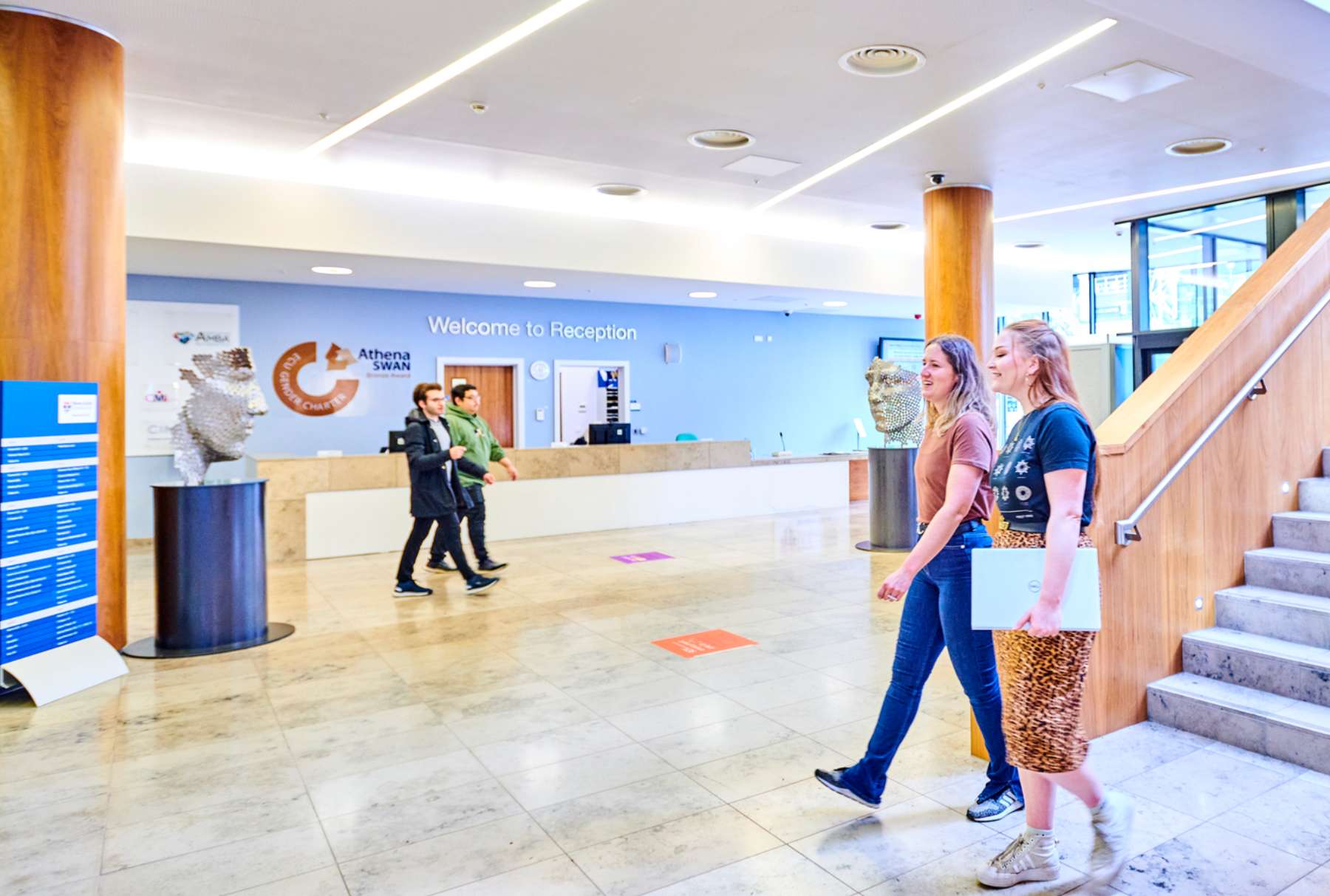New report reveals women in the workplace feel heard but feel less influential
A new report, led by Dr Jenny Davidson, reveals a majority of women in sustainability feel their voice is heard in the workplace but are far less confident about their influence in decision-making.
20 May 2022
Women have a crucial role to play and essential qualities to bring in climate leadership. At a time of urgency and crisis, we’re still witnessing a clear lack of gender parity in climate leadership.
Despite a promising Enhanced Gender Action Plan agreed at COP25, less than 25% of all influential COP26 leadership positions were held by women.
Multiple studies have revealed the unequal impact of the pandemic on women, especially working women. In the first survey of its kind, we were keen to understand what impact it has had on the WINS Network community.

Amplifying women’s voices
A new report led by Dr Jenny Davidson, Senior Lecturer at Newcastle University Business School and WINS Newcastle Hub Lead in collaboration with the Women in Sustainability Network, provides a voice for women change-makers. It offers a timely platform to highlight what is needed for a green recovery, post-pandemic.
The project was conducted to understand what working women need to continue their development and to achieve the next level, for themselves and the planet. A survey was completed by more than 600 women, and people identifying as women, from over 30 countries, to provide their insight.
The survey asked about the barriers to raising women’s voices at a policy, organisational and individual level. We wanted to know how best to support developments to remove those barriers. The survey explored the impact of the pandemic on careers, businesses and views on what we need for a sustainable future.
Why being heard is not enough
To launch the report, a special online event 'Why Being Heard is Not Enough' was hosted on 1 March. The results of the report were revealed for the first time and a panel commented on the outcomes.
The event was chaired by Rhian Sherrington, Founder of Women in Sustainability Network and facilitated by Sheri-Leigh Miles, Director at Netpositive Futures.
There was also a listening panel compromised by the following guests:
- Dr Jenny Davidson, who presented the research findings
- Mary Ann Sieghart, broadcaster, journalist and author of bestselling The Authority Gap
- Bevis Watts, Chief Executive of Triodos Bank UK, a sustainable bank
This event was about listening and reflecting, with the intention for both the panel and attendees to listen to what women in sustainability had to say and to collaboratively explore solutions for 50:50 gender parity.
Key report findings
The report explores women in sustainability’s barriers to being heard, such as the lack of political will to change the status quo, gender bias and sexism. It exposes a striking contrast between feeling heard and feeling listened to / being able to influence decision making.
It also discusses the role men need to play in amplifying women’s voices and being advocates for women in the workplace.
At the online event, Bevis Watts explained how he’d personally benefited from being surrounded by women in leadership roles.
“I see myself as a product and a beneficiary of diverse leadership – more men will flourish and be their best selves when we hear more from women and diverse leaders.”
The report highlights how a collaborative approach and supportive work culture are some of the much-needed solutions to help women get their voices heard and be influential.
Through the survey and the online event, the women who contributed shared their ideas on how to achieve 50:50 gender parity. Ideas included:
- facilitating flexible working;
- rewarding cultures of collaboration;
- engaging men as advocates for female voices.
The report should act as a starting place for organisations to ensure gender equality in climate leadership can be achieved.
